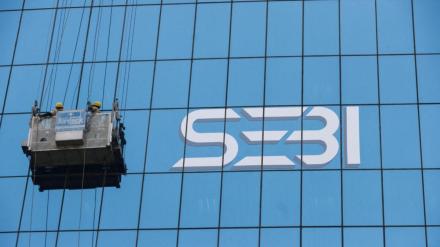After over 30 years of framing initial regulations for merchant bankers, a Securities and Exchange Board of India (Sebi) expert committee has suggested changes to the framework making it more relevant to current times and for the ease of doing business.
The expert committee has suggested switching to a digitally signed e-certificates to merchant bankers instead of a physical registration certificate, and tweaks to the method of ascertaining ‘net worth’ to align it with the current legal definition. It has also recommended allowing individuals with a recognised foreign degree to become a merchant banker, and the removal of certain repetitive disclosures to Sebi.
“It was recommended that in addition to professional qualification from an institution recognized by the Government of India in finance, law or business management, professional qualification obtained from recognised foreign universities / institutions should also be recognised,” Sebi said in a consultation paper late Tuesday, inviting public comments by June 11.
Further, the requirement for lead managers to disclose a statement to Sebi one month in advance is suggested to be removed, along with the need to inform the regulator about investors’ complaints. The committee also proposed that merchant bankers acting as underwriters should subscribe to securities prior to finalisation on the basis of allotment instead of the current requirement of 45 days.
The expert committee, chaired by former Sebi whole-time member S K Mohanty, has also recommended a Sebi certification for “bankers to an issue” and suggested widening their scope to act as bankers for open offers, buy-backs and any other transactions. The panel was set up following the previous Union Budget announcement directing financial regulators to work on simplifying and easing the compliance burden.
It also suggested changes for share buyback, allowing the conversion of employee stock option plans (ESOPs) or convertible instruments during the buyback period, the details of which should be disclosed in a public announcement. This marks a shift from current regulations that bar the issuance of any shares or securities, including bonus shares, until the completion of the buyback period.
Additionally, it is suggested that the buyback offer via stock exchange should open within four working days from the public announcement date, a change from the current practice based on the record date.
